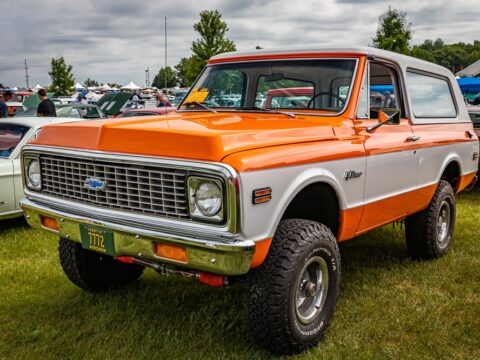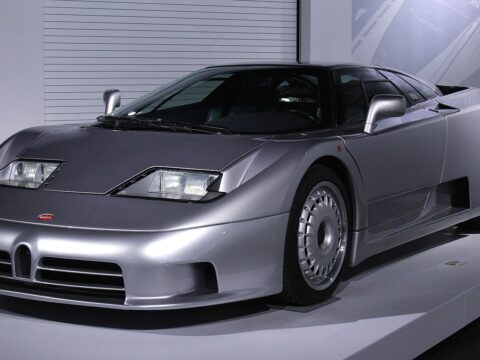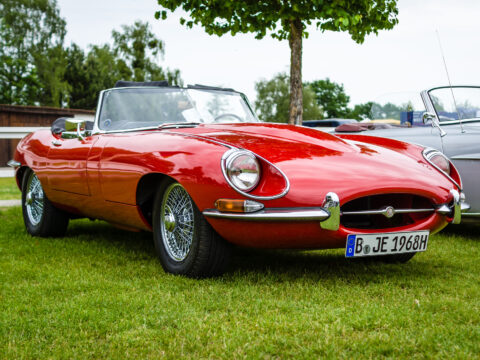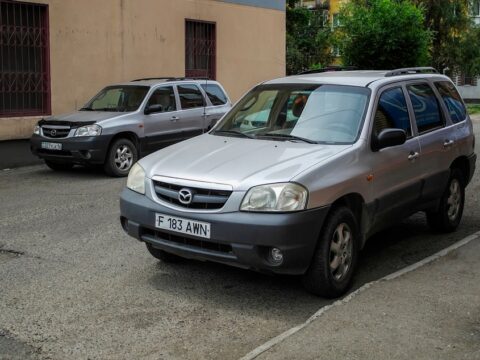Some cars from the ’60s and ’70s are infamous for their unreliable engines and frequent mechanical issues. From the Chevrolet Corvair’s problematic rear-engine design to the Ford Pinto’s dangerous fuel system, these vehicles have earned a notorious reputation. Here’s a look at some of the worst cars from this era, highlighting their significant flaws and why they are so widely disliked.
Contents
Chevrolet Corvair (1960-1964)
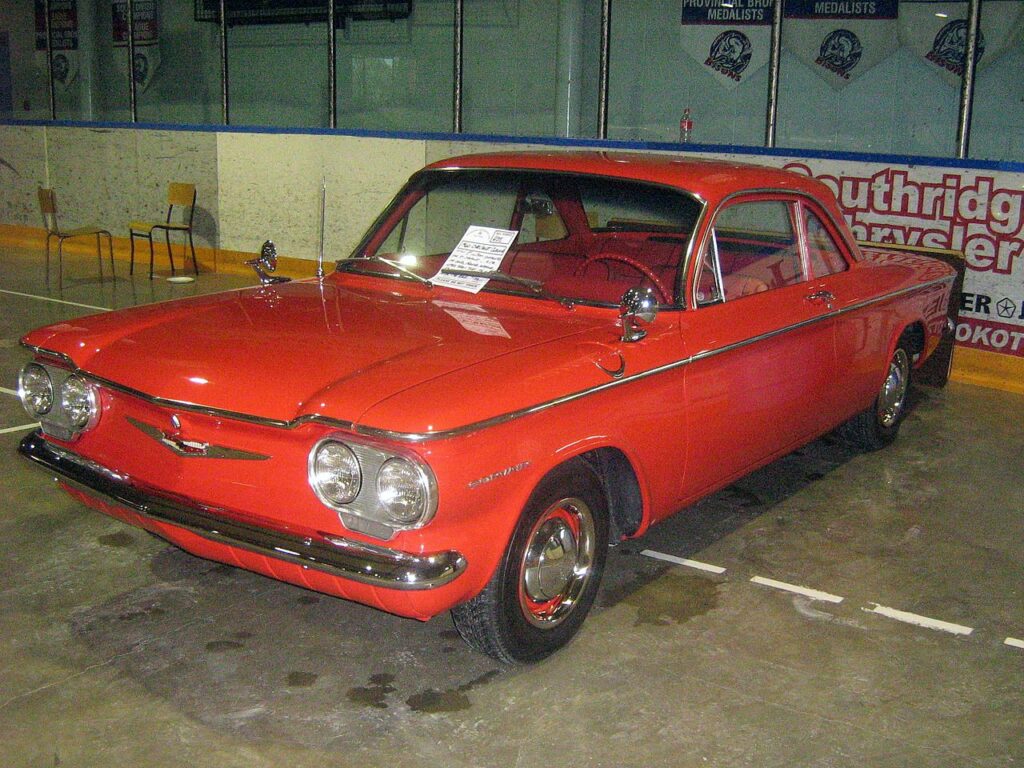
The Chevrolet Corvair, produced from 1960 to 1964, is infamous for its rear-engine design and safety concerns. Its air-cooled flat-six engine was prone to oil leaks and overheating. The use of subpar materials led to engine failures and mechanical issues. Ralph Nader’s book “Unsafe at Any Speed” highlighted the Corvair’s flaws, leading to a decline in its reputation and sales.
Ford Pinto (1971-1980)
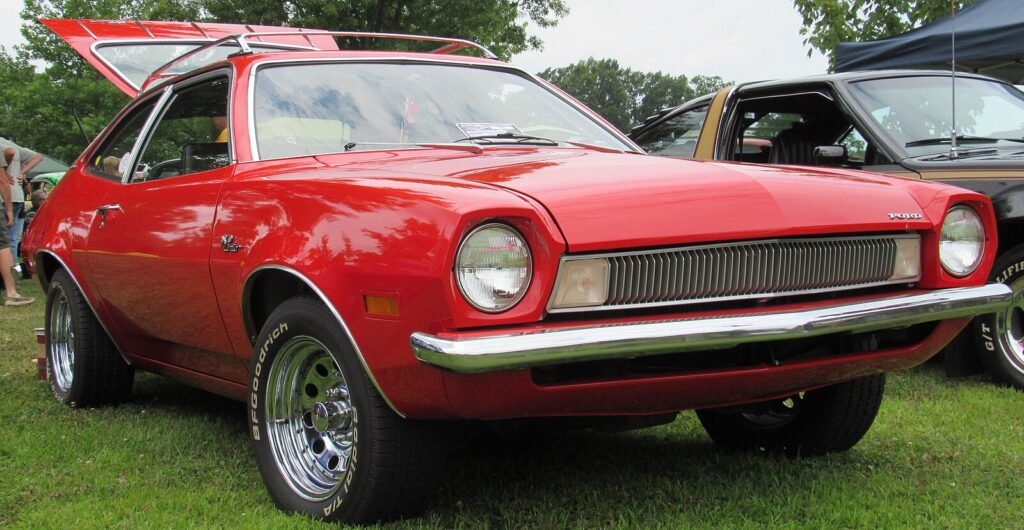
The Ford Pinto, manufactured from 1971 to 1980, is notorious for its 1.6-liter and 2.0-liter inline-four engines. These engines were underpowered and prone to overheating. The Pinto’s fuel system design led to dangerous fire risks in rear-end collisions, further damaging its reputation. Customer reviews often mention frequent breakdowns and expensive repairs, making it one of the worst cars of its era.
AMC Gremlin (1970-1978)
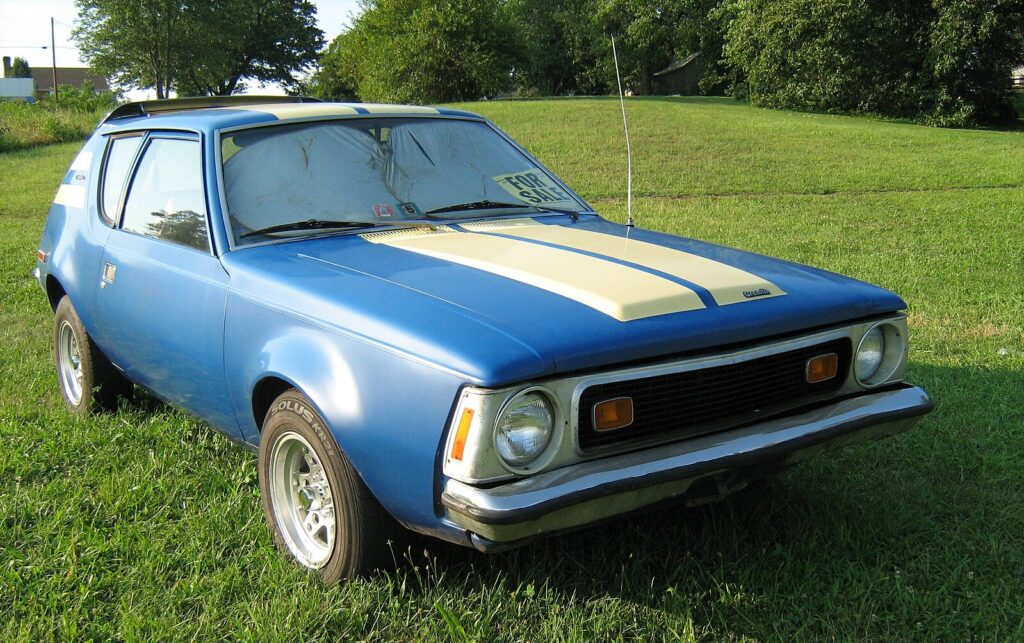
The AMC Gremlin, produced from 1970 to 1978, featured a 3.0-liter inline-six engine that was known for its poor performance and reliability. The engine’s design led to frequent oil leaks and overheating issues. Customer reviews highlight the Gremlin’s rough ride and lack of power, making it one of the least reliable cars of the 1970s.
Triumph Stag (1970-1978)
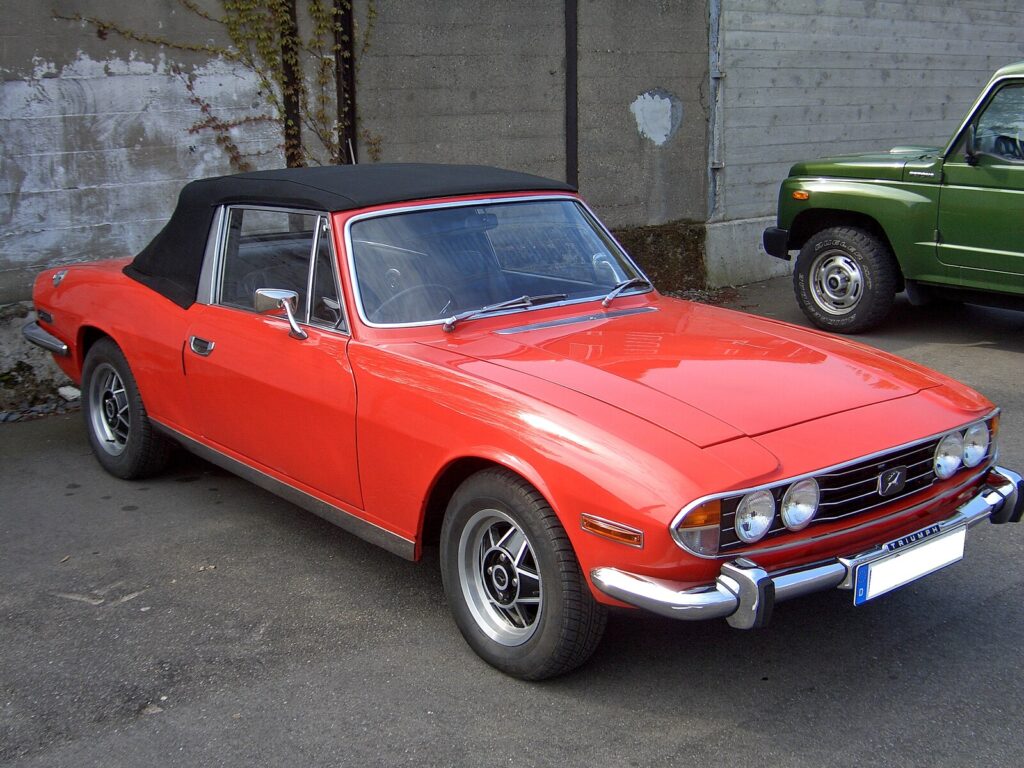
The Triumph Stag, manufactured from 1970 to 1978, is known for its problematic 3.0-liter V8 engine. The engine suffered from overheating, head gasket failures, and timing chain issues. The use of subpar materials and poor engineering contributed to its unreliability. Customer reviews frequently mention the Stag’s frequent breakdowns and high maintenance costs.
Chevrolet Vega (1971-1977)
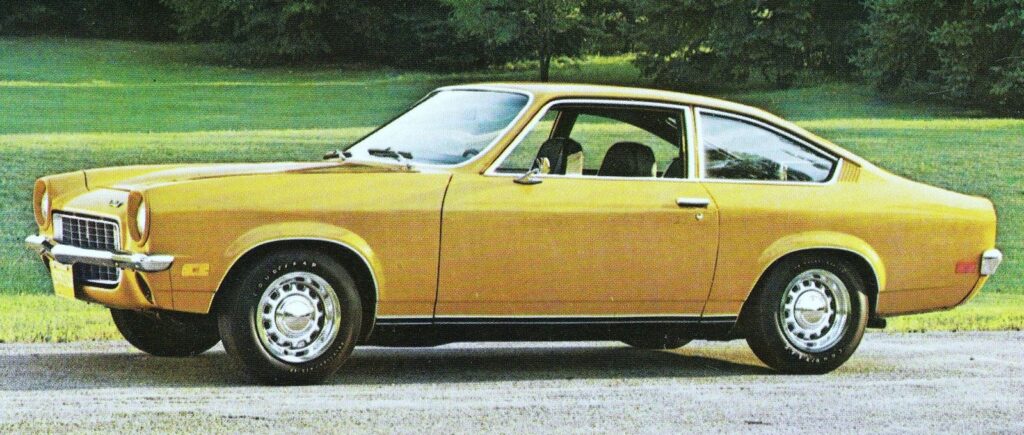
The Chevrolet Vega, produced from 1971 to 1977, featured an aluminum engine that was notorious for its reliability issues. The engine’s design led to overheating, warping, and oil leaks. Customer reviews often highlight the Vega’s poor performance and frequent mechanical problems, making it one of the worst cars of the 1970s.
Jaguar V12 (1971-1992)
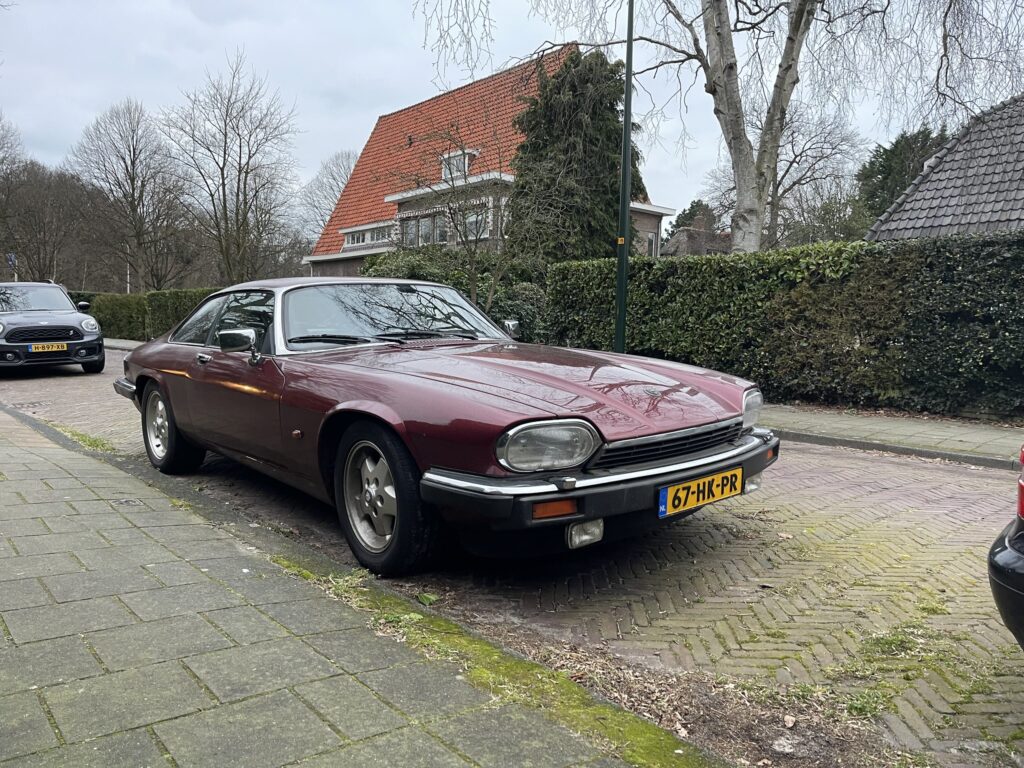
The Jaguar V12 engine, used in models like the E-Type and XJ12, was known for its poor reliability and high maintenance costs. The engine suffered from overheating, oil leaks, and frequent electrical issues. The use of complex materials and engineering made it difficult to maintain. Customer reviews often mention the V12’s frequent breakdowns and expensive repairs.
Plymouth Volare (1976-1980)
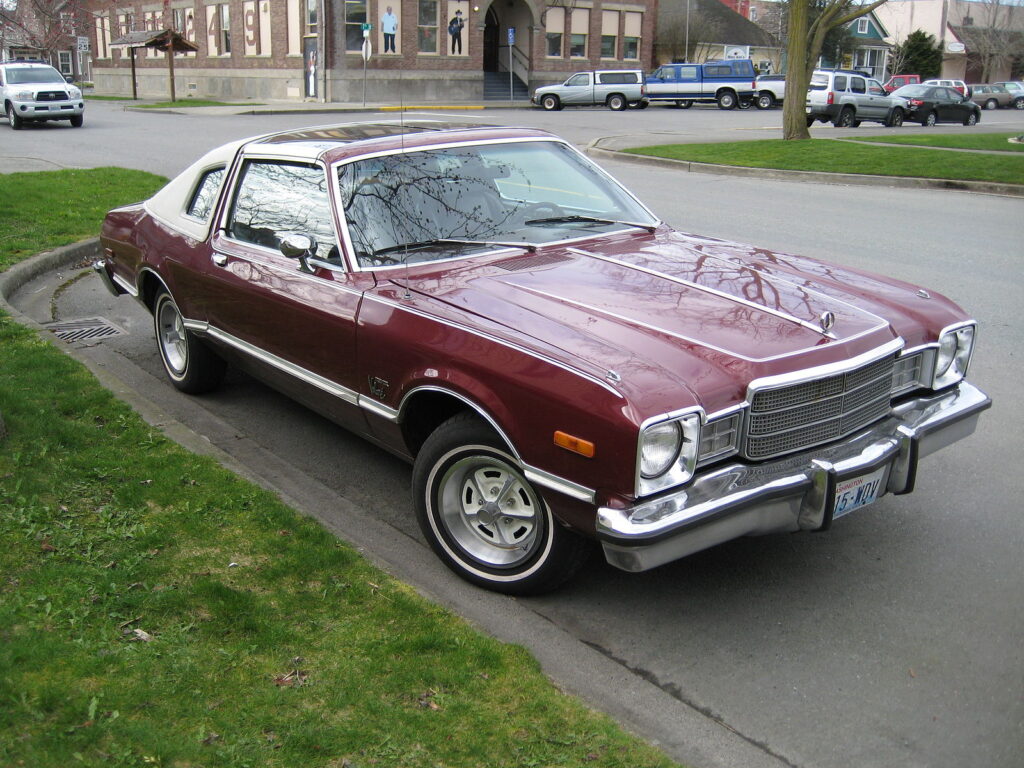
The Plymouth Volare, produced from 1976 to 1980, featured a 3.7-liter Slant-Six engine that was plagued by reliability issues. The engine’s design led to frequent stalling, rough idling, and poor fuel economy. Customer reviews highlight the Volare’s lack of power and frequent mechanical problems, making it one of the least reliable cars of the late 1970s.
Fiat 124 Sport Spider (1966-1985)
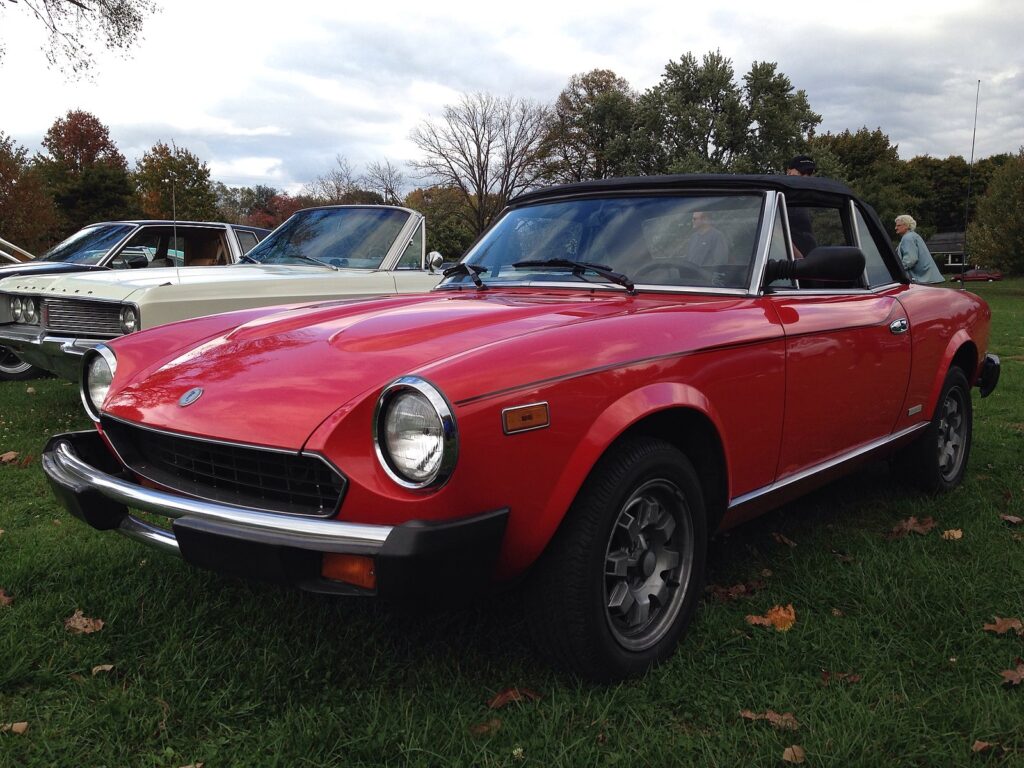
The Fiat 124 Sport Spider, manufactured from 1966 to 1985, featured a 1.4-liter and 1.6-liter twin-cam engine that was known for its reliability issues. The engine’s design led to frequent oil leaks, overheating, and electrical problems. Customer reviews often mention the Sport Spider’s high maintenance costs and frequent breakdowns.
Renault Dauphine (1956-1967)
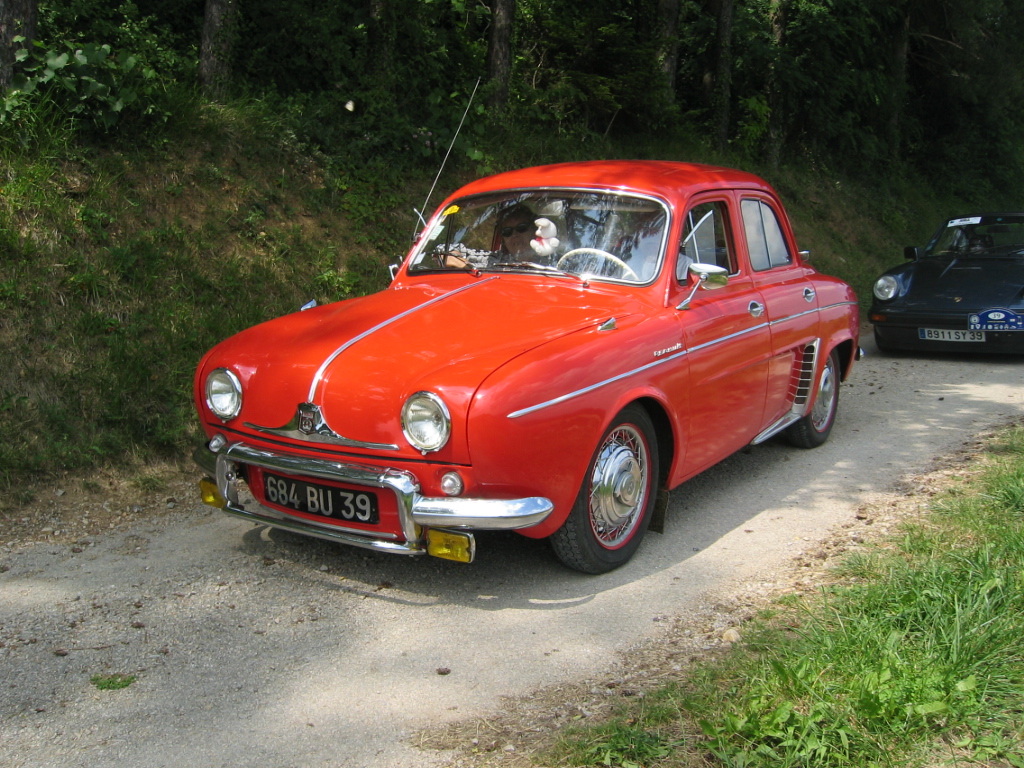
The Renault Dauphine, produced from 1956 to 1967, featured a 0.8-liter inline-four engine that was underpowered and prone to overheating. The engine’s design led to frequent mechanical issues and poor performance. Customer reviews highlight the Dauphine’s lack of reliability and frequent breakdowns, making it one of the worst cars of its time.
Alfa Romeo Alfetta (1972-1987)
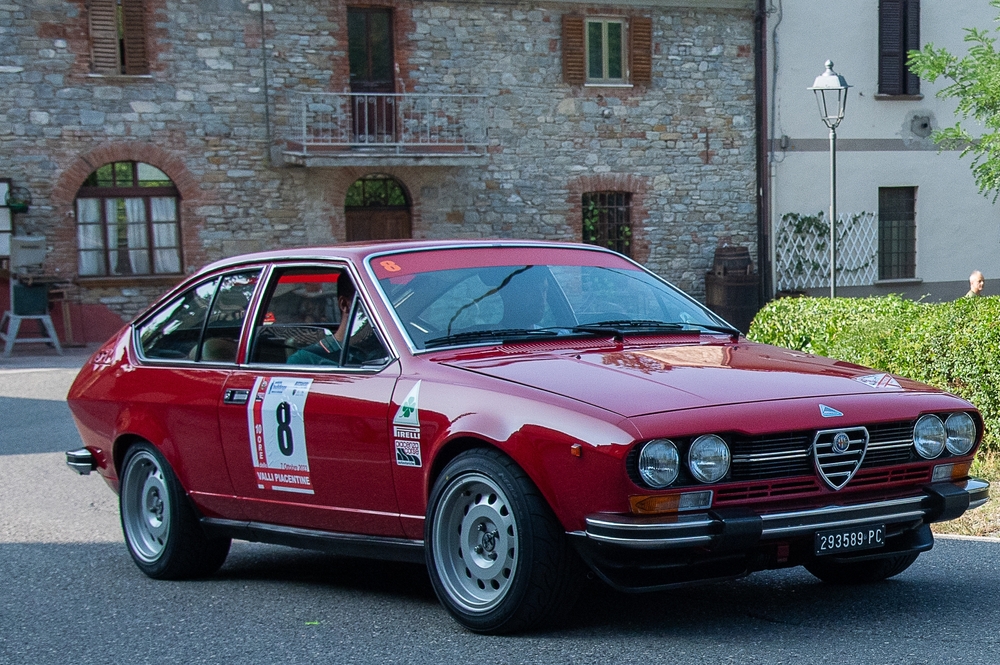
The Alfa Romeo Alfetta, manufactured from 1972 to 1987, featured a 1.8-liter and 2.0-liter inline-four engine that was known for its reliability issues. The engine’s design led to frequent oil leaks, overheating, and timing belt failures. Customer reviews often mention the Alfetta’s high maintenance costs and frequent mechanical problems.
Saab 99 (1968-1984)
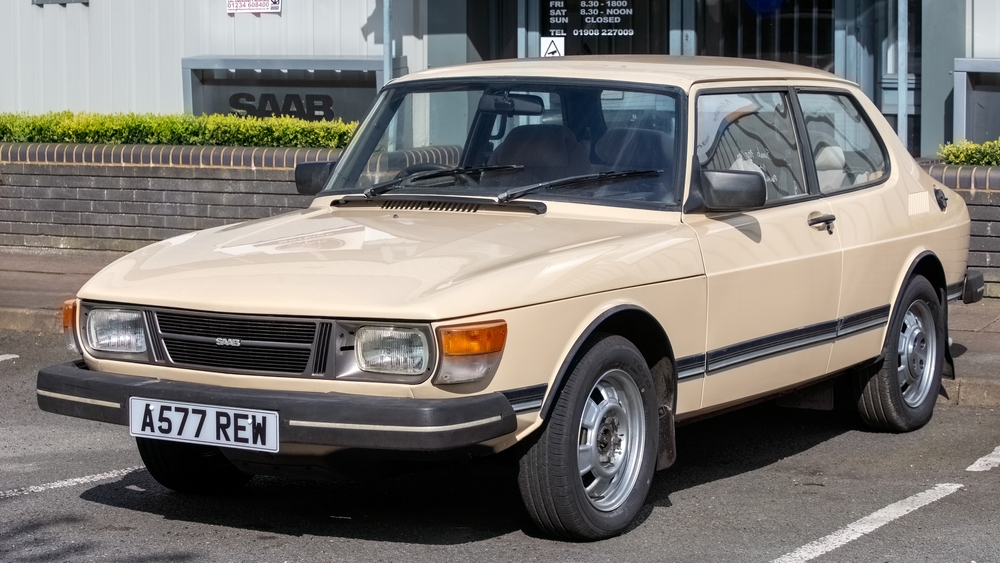
The Saab 99, produced from 1968 to 1984, featured a 1.7-liter and 2.0-liter inline-four engine that was prone to overheating and oil leaks. The engine’s design and materials led to frequent mechanical issues and poor performance. Customer reviews highlight the 99’s high maintenance costs and frequent breakdowns.
MG Midget (1961-1979)
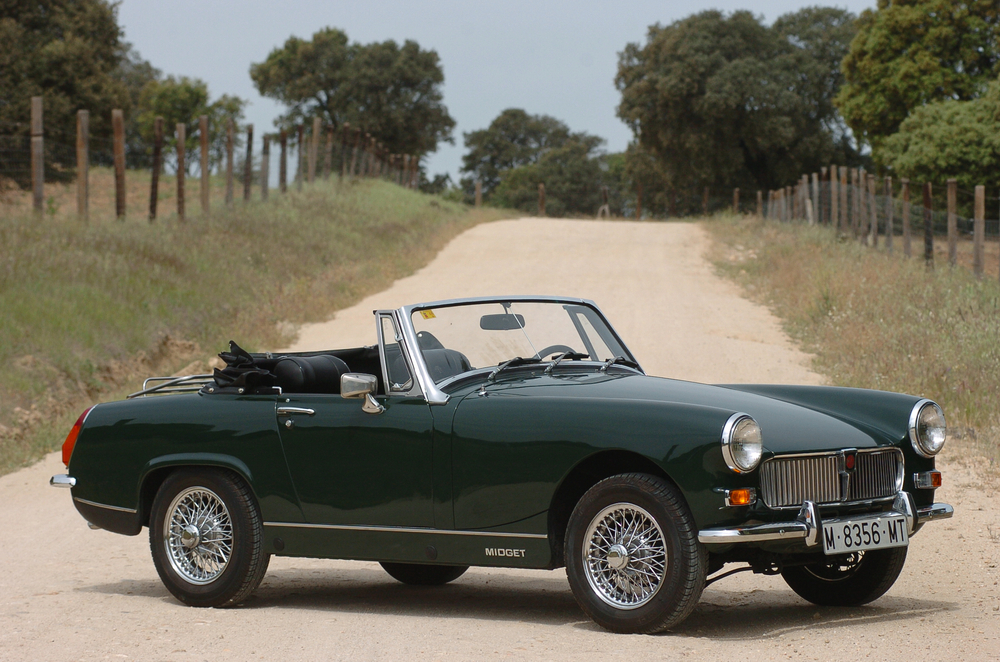
The MG Midget, manufactured from 1961 to 1979, featured a 1.1-liter and 1.3-liter inline-four engine that was underpowered and prone to overheating. The engine’s design led to frequent oil leaks and electrical problems. Customer reviews often mention the Midget’s lack of reliability and frequent mechanical issues.
Pontiac Fiero (1984-1988)
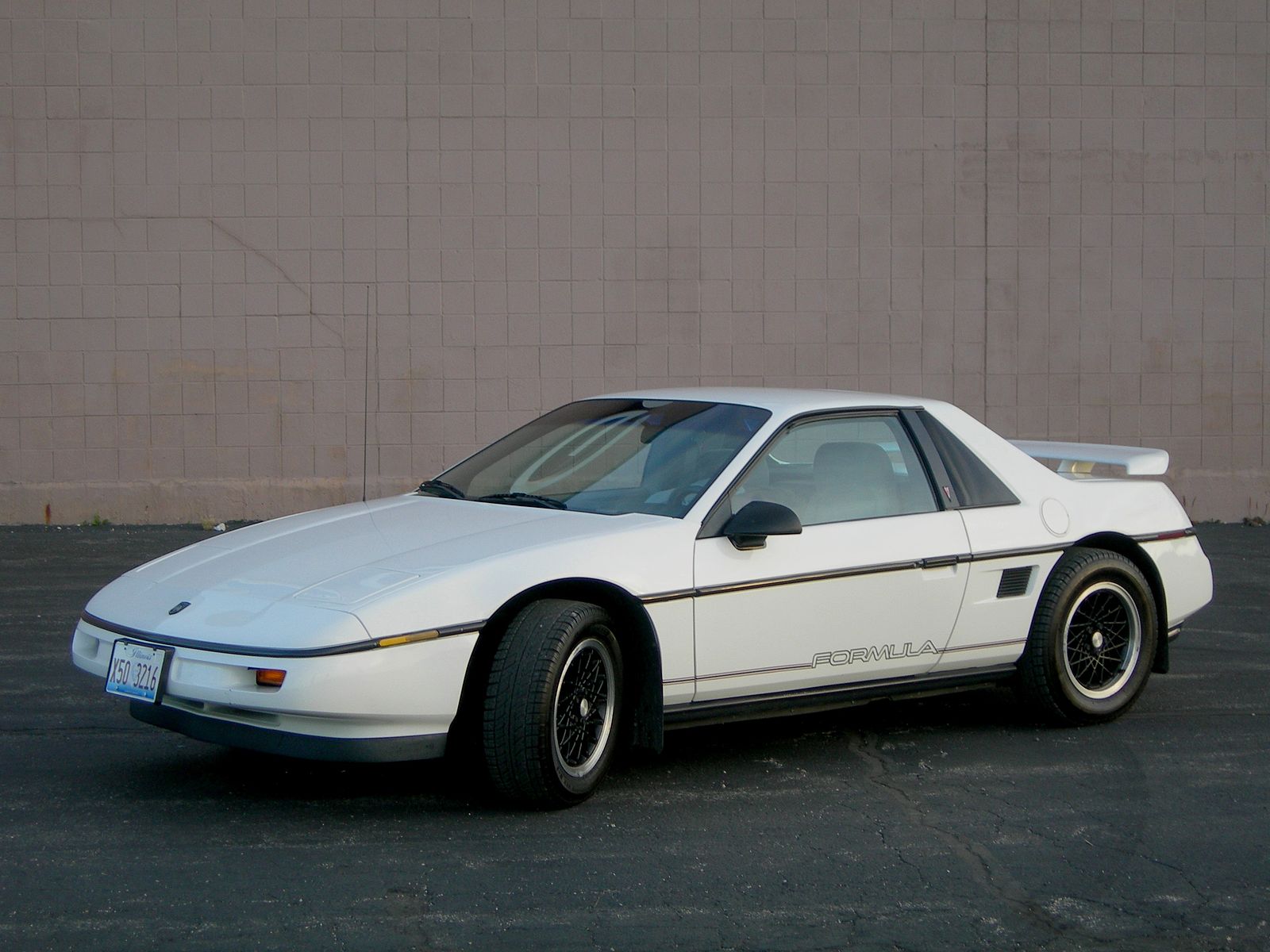
Although slightly outside the requested years, the Pontiac Fiero, produced from 1984 to 1988, featured a 2.5-liter inline-four “Iron Duke” engine that was prone to overheating and oil leaks. The engine’s design led to frequent mechanical issues and poor performance. Customer reviews highlight the Fiero’s high maintenance costs and frequent breakdowns.
Austin Allegro (1973-1982)
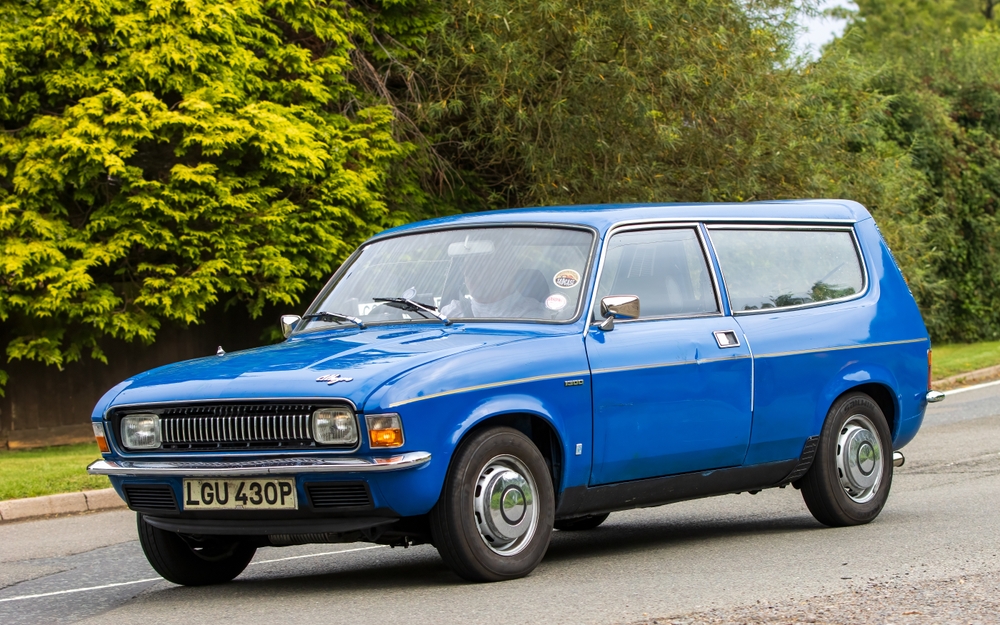
The Austin Allegro, produced from 1973 to 1982, featured a 1.1-liter and 1.3-liter inline-four engine that was underpowered and prone to overheating. The engine’s design and materials led to frequent mechanical issues and poor performance. Customer reviews often mention the Allegro’s lack of reliability and frequent breakdowns.
Dodge Aspen (1976-1980)
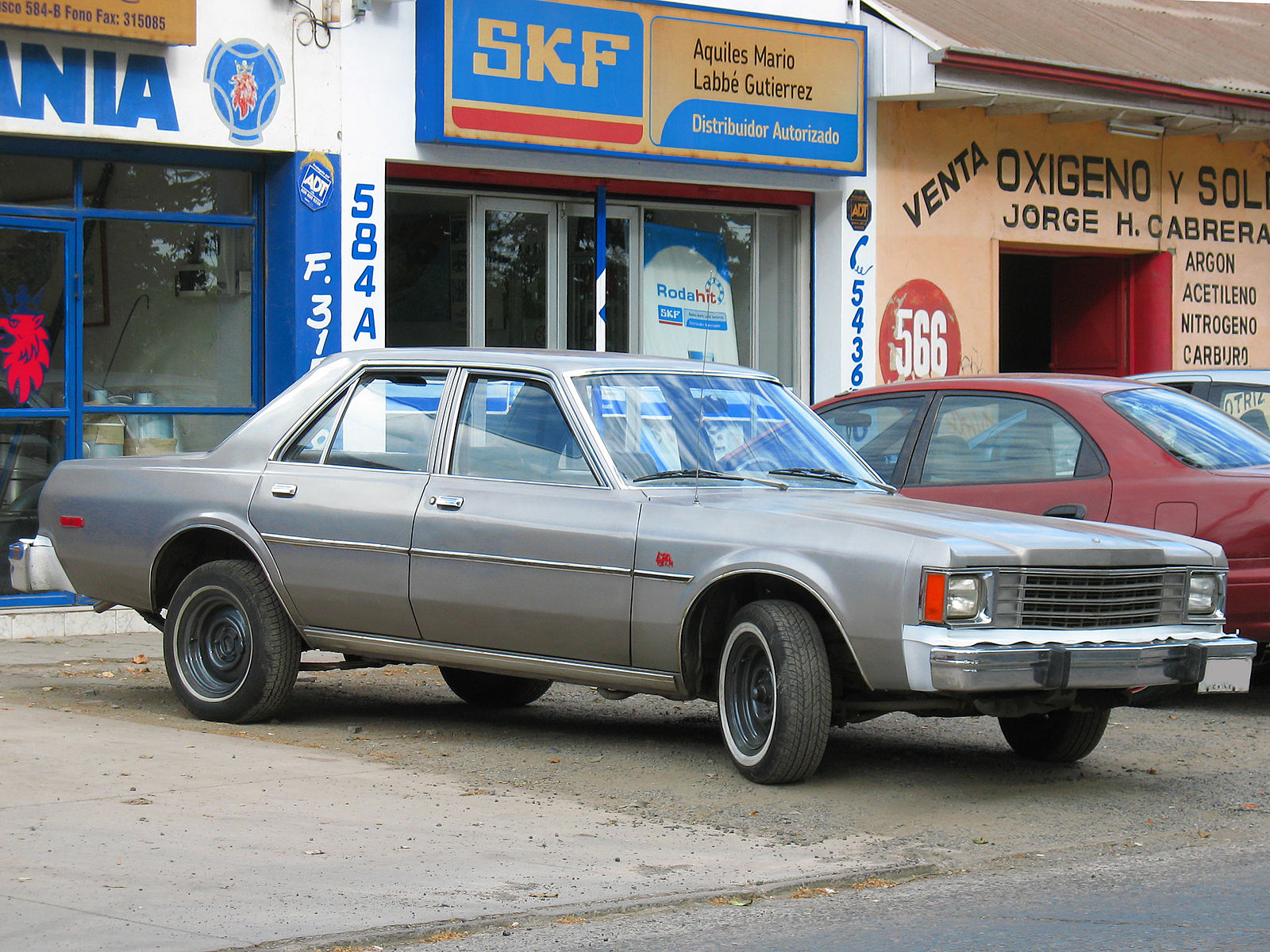
The Dodge Aspen, manufactured from 1976 to 1980, featured a 3.7-liter Slant-Six engine that was plagued by reliability issues. The engine’s design led to frequent stalling, rough idling, and poor fuel economy. Customer reviews highlight the Aspen’s lack of power and frequent mechanical problems, making it one of the least reliable cars of the late 1970s.
Lancia Beta (1972-1984)
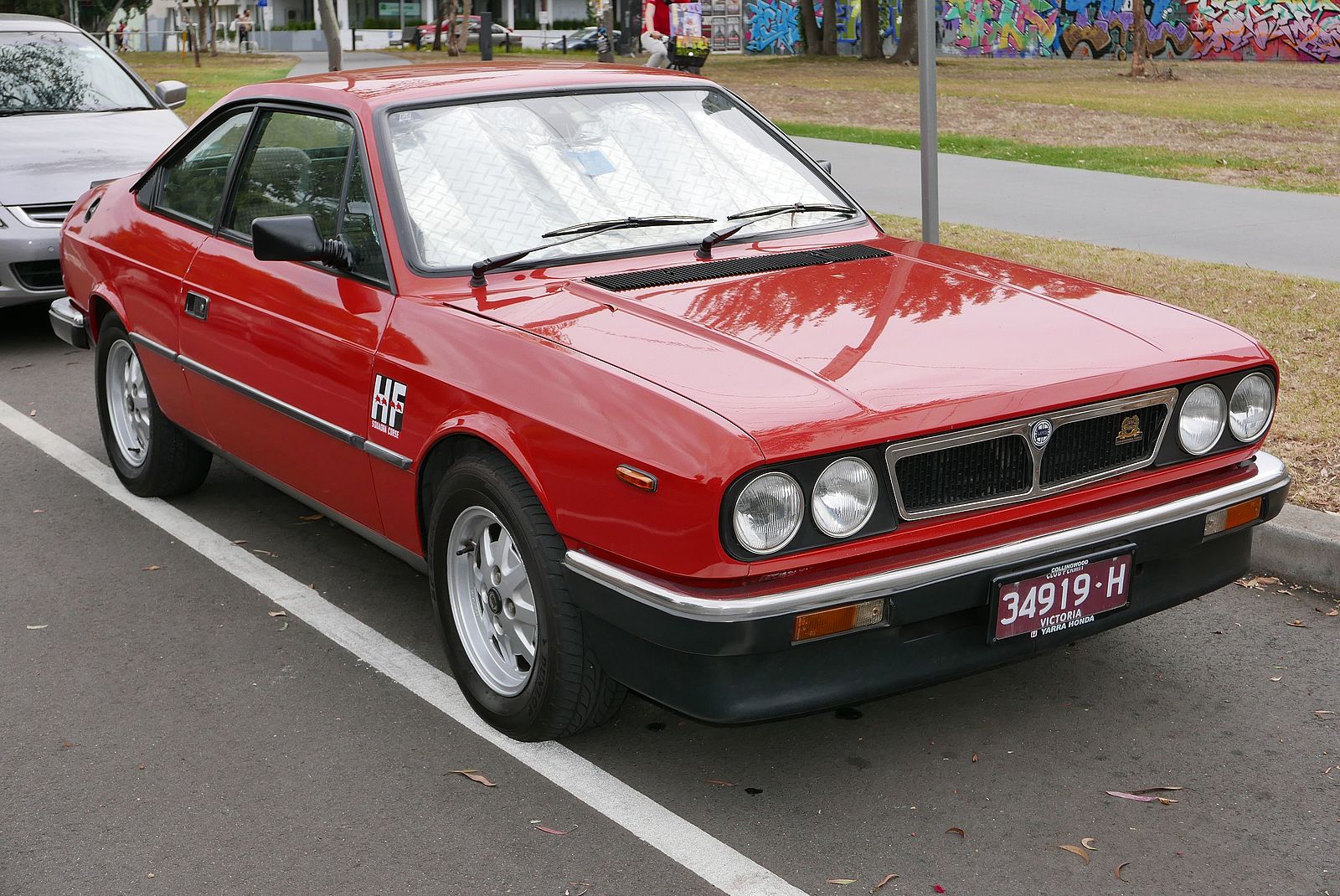
The Lancia Beta, produced from 1972 to 1984, featured a 1.4-liter and 2.0-liter inline-four engine that was prone to rust and mechanical failures. The engine’s design led to frequent overheating, oil leaks, and electrical problems. Customer reviews often mention the Beta’s high maintenance costs and frequent breakdowns.
Peugeot 504 (1968-1983)
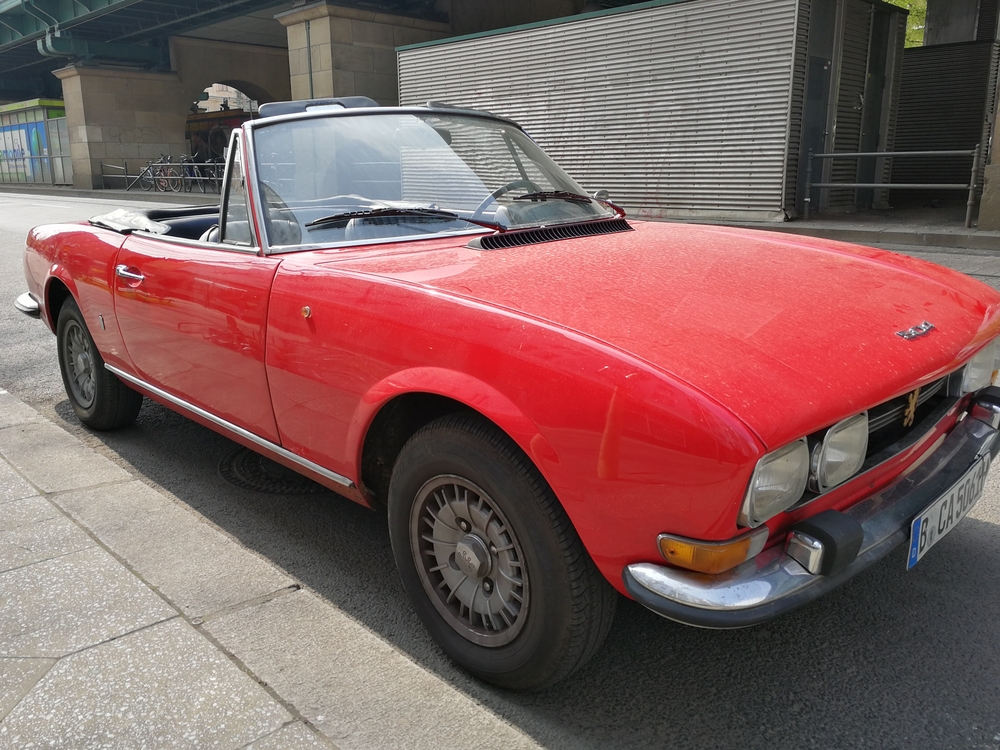
The Peugeot 504, manufactured from 1968 to 1983, featured a 1.8-liter and 2.0-liter inline-four engine that was underpowered and prone to overheating. The engine’s design led to frequent mechanical issues and poor performance. Customer reviews highlight the 504’s lack of reliability and frequent breakdowns.
Triumph TR7 (1975-1981)
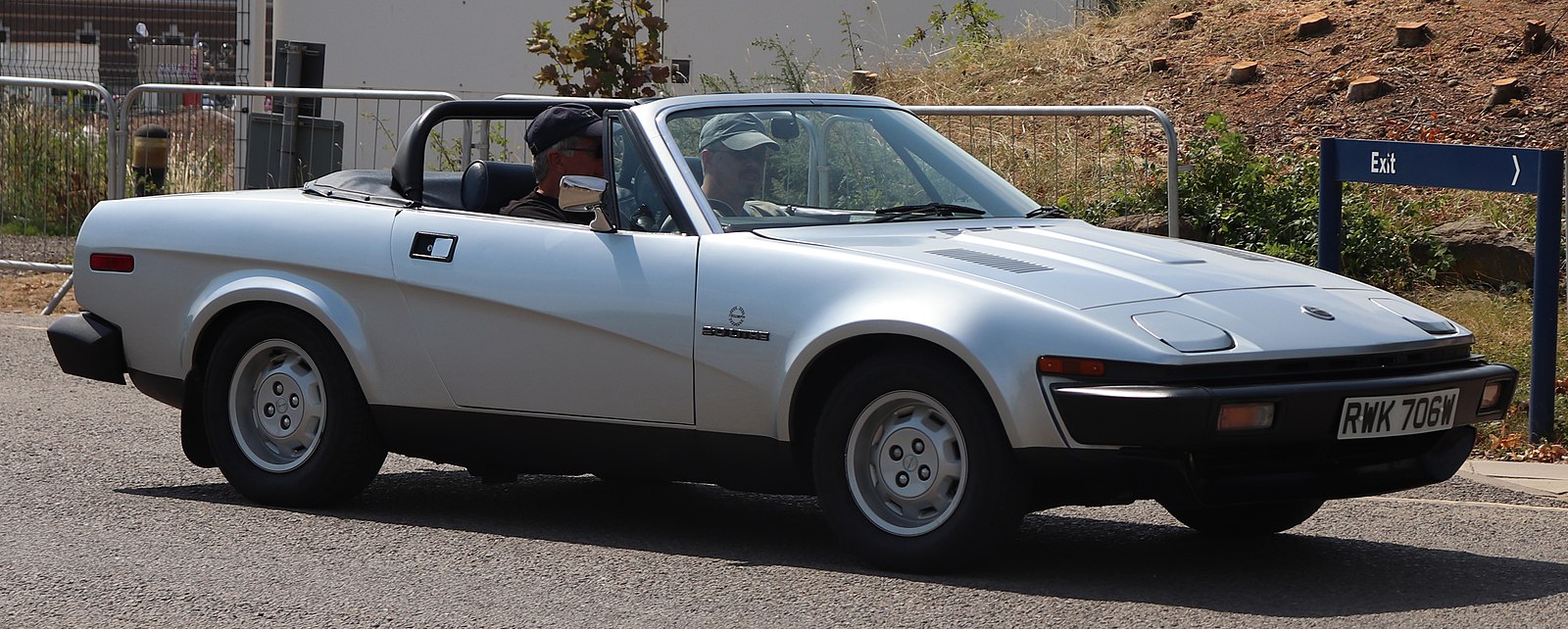
The Triumph TR7, produced from 1975 to 1981, featured a 2.0-liter inline-four engine that was known for its reliability issues. The engine’s design led to frequent overheating, oil leaks, and electrical problems. Customer reviews often mention the TR7’s high maintenance costs and frequent mechanical issues.
AMC Pacer (1975-1980)
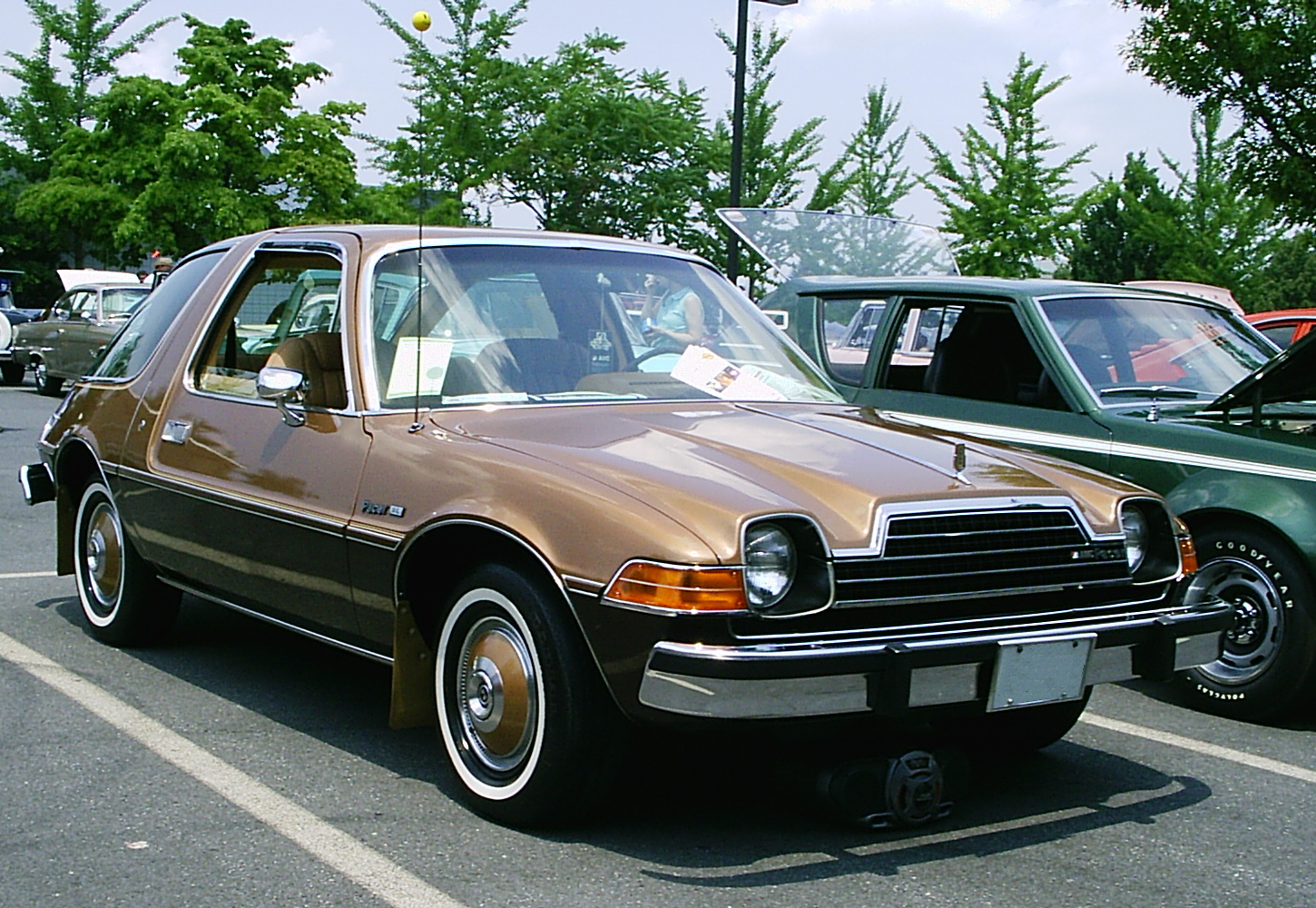
The AMC Pacer, manufactured from 1975 to 1980, featured a 3.8-liter inline-six engine that was plagued by reliability issues. The engine’s design led to frequent stalling, rough idling, and poor fuel economy. Customer reviews highlight the Pacer’s lack of power and frequent mechanical problems, making it one of the least reliable cars of the late 1970s.
Rover 3500 (P6) (1968-1977)
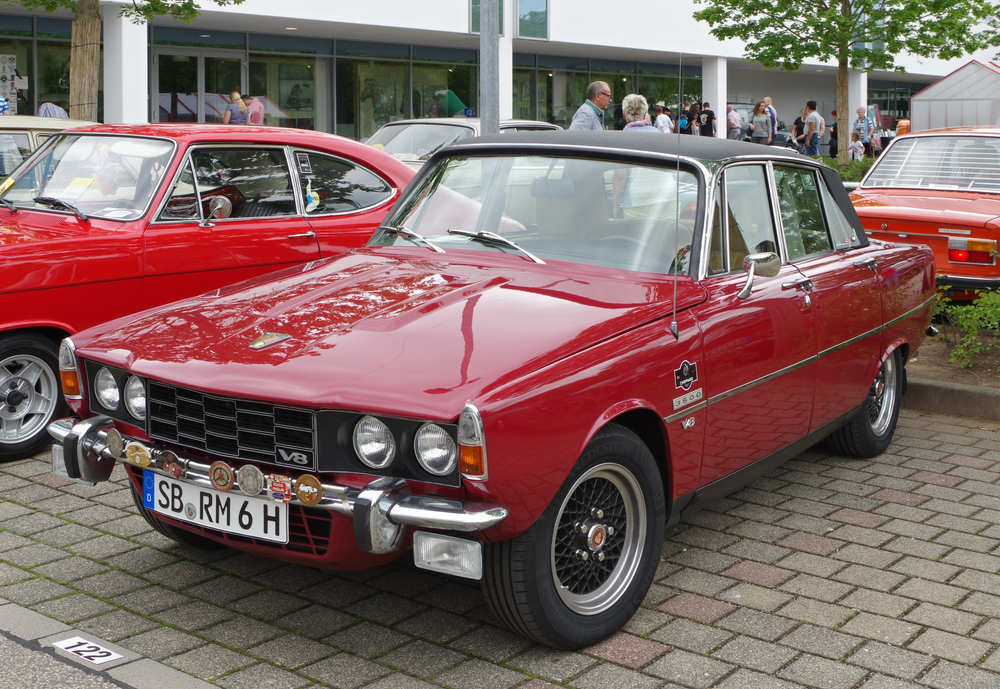
The Rover 3500, produced from 1968 to 1977, featured a 3.5-liter V8 engine that was known for its reliability issues. The engine’s design led to frequent overheating, oil leaks, and electrical problems. Customer reviews often mention the 3500’s high maintenance costs and frequent mechanical issues.
This article originally appeared in MyCarMakesNoise.
More from MyCarMakesNoise
10 Electric Planes Set to Revolutionize Air Travel
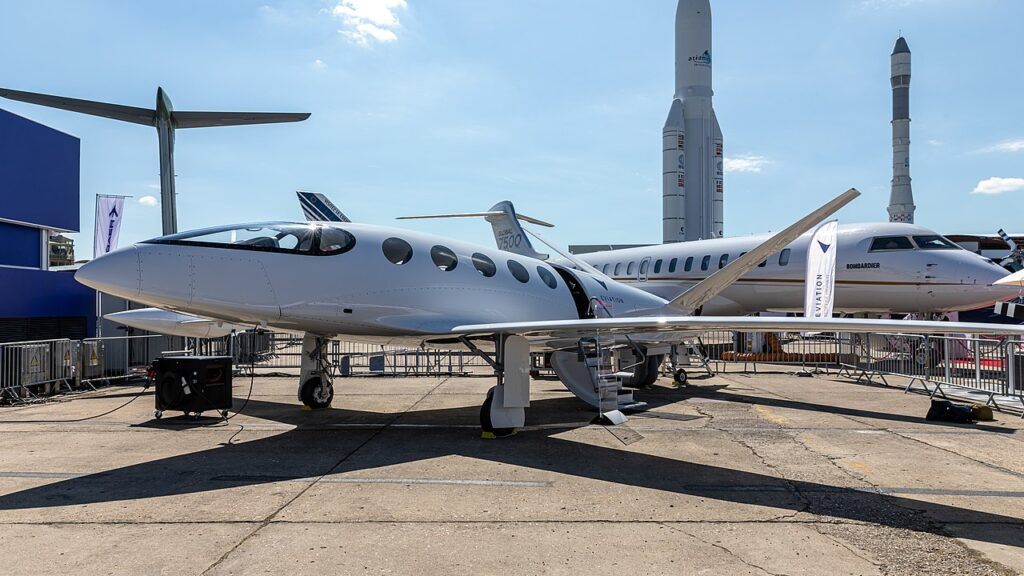
The future of air travel is electric, and it’s arriving sooner than you might think. As the aviation industry pushes towards sustainability, electric planes are emerging as game-changers. Read More.
10 Key Concerns About the Lifespan of EV Batteries
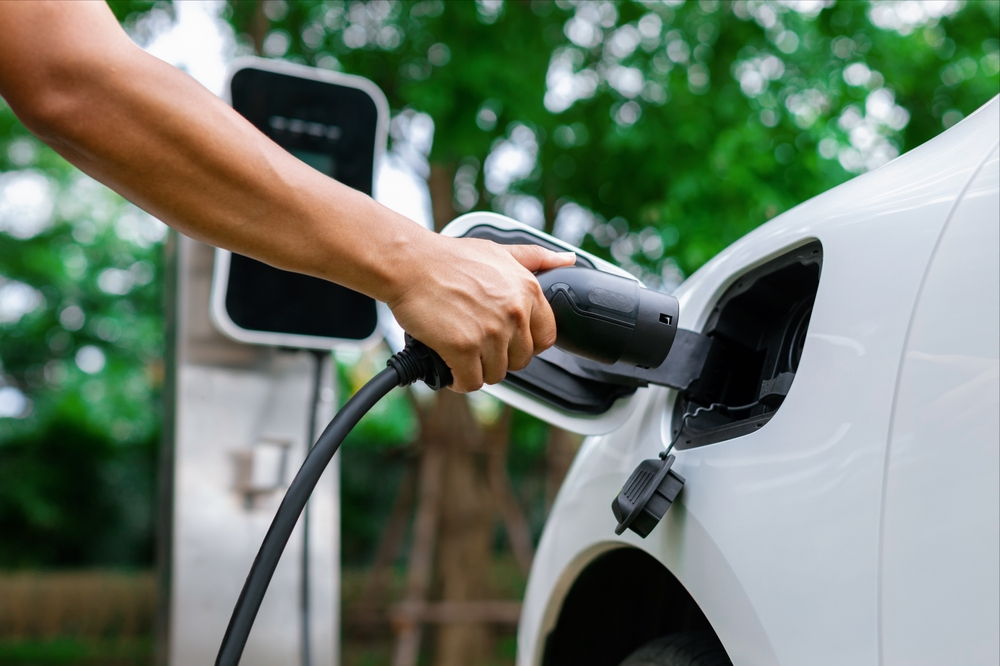
As the world rapidly transitions to electric vehicles (EVs) in pursuit of a greener and more sustainable future, it’s essential to address the common concerns that often hover over the minds of potential EV owners. Read More.
20 Features Drivers Wish Automakers Would Eliminate

Not all car features are welcomed by drivers. Some can be more annoying than useful, adding complexity or distraction. Here are some features drivers wish automakers would eliminate to enhance the driving experience. Read More.

